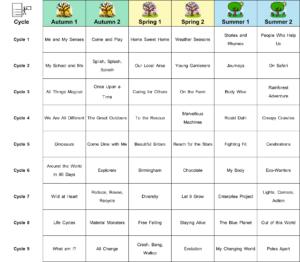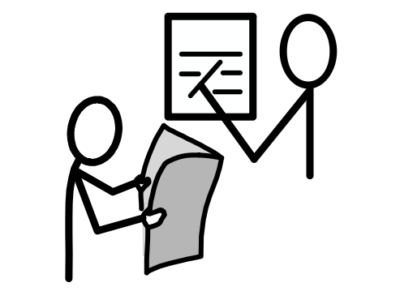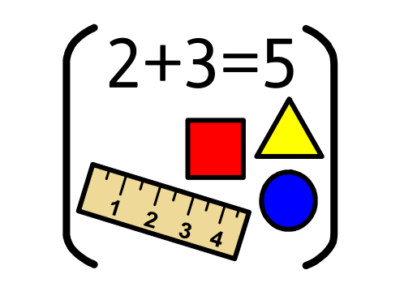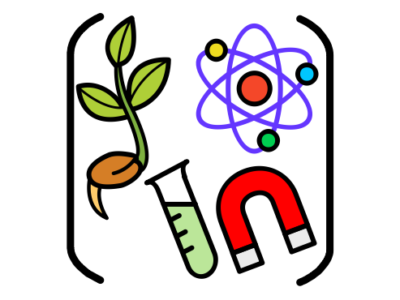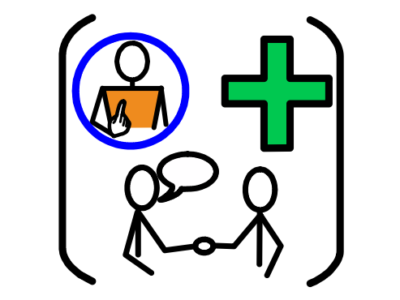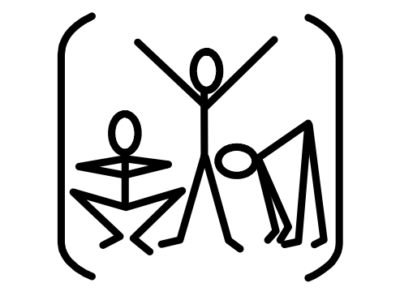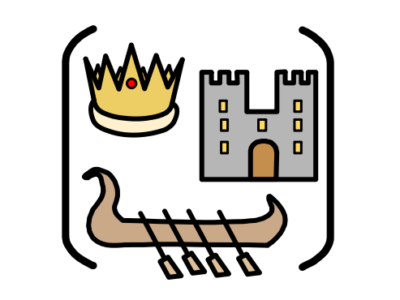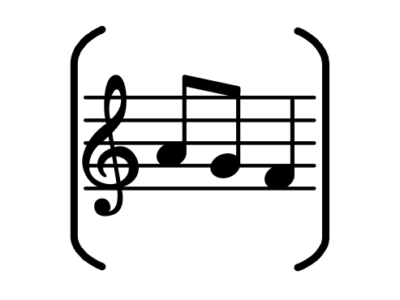The Pines School Curriculum
Whole Curriculum Vision:
At The Pines School, we believe that our curriculum should enable all pupils to access a meaningful and fulfilling education which allows them to flourish, whatever their starting point may be. We aim to equip our pupils with the transferable skills, knowledge and understanding to be ready for their next stages and to participate as successful members of their communities, as independently as possible. Our curriculum is appropriately challenging and carefully builds on prior learning and revisits learning to ensure pupils develop secure understanding which leads to positive outcomes. We ensure that all our pupils are exposed to a wide range of experiences which will develop their cultural capital and give them the skills needed to continue their lifelong journeys.
We create a happy and secure learning environment which inspires our children to explore, engage and learn safely. We aim for pupils to be challenged and understand their possibilities and are supported to reach their full potential. All pupils are unique and we celebrate this at every opportunity. At The Pines, teaching and learning opportunities are not limited to ‘lesson time’ but throughout the day, including break times, snack time, daily routines and when accessing the community. These opportunities are planned for and include meaningful generalisation of skills across a range of settings.
Intent
At The Pines School, the curriculum supports the ethos of the school and strives to provide the context within which pupils with autism are given the opportunity to achieve high standards. In line with the National Curriculum aims, we would like all children leaving The Pines School to develop skills and knowledge in the following areas; Communication, Relationships, Personal Development, Transition into Adulthood and Lifelong Learning. The ambitious curriculum at The Pines School has a clear vision designed to give learners knowledge, skills and behaviours to promote their social and economic inclusion. The school has developed a bespoke curriculum to ensure that it matches the needs and aspirations of all learners so all learners can participate, achieve and make good progress. The school works to prepare all learners for their next stage through a coherent and sequenced learning curriculum.
The Pines School curriculum aims are to provide a stimulating and safe learning community in which we all work together to nurture and maximise the potential of each and every individual and celebrate their achievements. Our Curriculum is underpinned by our school vision. Our vision is to create a safe and happy environment for our children to develop life-long communications skills to become a valued member of modern day society ensuring that we Protect, Inspire, Nurture, Embrace and Succeed. We offer a curriculum that includes individualised learning and follows the National Curriculum, at an appropriate level to the learners needs. Teachers’ planning ensures that pupils take part in activities which are meaningful and interesting for them and through which they address relevant and challenging learning outcomes. This enables all pupils to maximise their progress.
Implementation
All pupils will follow a differentiated curriculum, adapted to their needs. The curriculum at The Pines School is founded on two distinct pathways extended and main. Whilst we recognise that pupils may make progress at a different rate, we still maintain high expectations and aspirations for all pupils. The pupils in the Extended stream have a greater complexity of need and need a clearly differentiated approach to teaching and learning. As our most complex learners, they are in a smaller group (maximum of 8 pupils) with 3 members of staff.
Our main class pupils still require a specific approach to teaching and learning, however they are more able to access whole group sessions and can access learning in a slightly larger group of 12 pupils with 3 adults. Out curriculum is a bespoke curriculum designed around the needs of the pupils. The curriculum is ambitious, ensuring all pupils are able to access learning at an appropriate level but are not constrained by the pathway they are within. The curriculum enables teachers to access learning outcomes across the M, E and E/M pathways so all pupils can be challenged, although pupils are typically taught the outcomes within the pathway that they follow, there is flexibility to allow them to access learning at a higher or lower level if required.
Extended curriculum class:
The curriculum recognises that many of the pupils have a range of complex learning needs associated with autism. The curriculum is designed to meet learning needs by a personalised learning approach. The needs of the pupils within this group can be characterised in the following ways.
- The majority of the pupils will be working within the PNC Levels.
- Pupils will have significantly limited functional language and communication.
- Pupil’s engagement is emerging or fleeting, they require a higher level of staffing to ensure progression in learning.
- Repetitive verbal and physical behaviours are frequent requiring a high level of support to regulate their emotions.
- Sensory differences impact on learning on a daily basis. Planned breaks for rewarding activities or activities to address sensory differences are planned for.
- Sensory processing and modulation leads to heightened anxiety levels.
- There are significant difficulties with short and long term memory, sequential memory and have limited working memory
- Curriculum requires very specific and individualised differentiation, adaptation, and modifications to account for difficulties pupils encounter in accessing learning
- Pupils have bespoke learning plans that often incorporate therapeutic support and intervention such as structured and frequent learning breaks. The curriculum is based largely around physical and sensory learning activities that build on prior understanding and learning.
Main curriculum class:
The curriculum recognises that many of the pupils have a range of learning needs associated with Autism. The curriculum is designed to meet learning needs incorporating a range of learning opportunities and experiences. The Curriculum will largely be a combination of whole group, small group, and sometimes individual teaching. The needs of the pupils within this group can be characterised in the following ways
- Pupils work through the PNC levels and over time are able to access National Curriculum expectations over time.
- Pupils will have limited functional language or communication, pupils use communication intentionally and seeks interaction although not always appropriately.
- Pupils engage for short periods of time on learning tasks with differing levels of support
- Pupils need clearly defined roles and expected behaviour as they may lack understanding of classroom conventions.
- A higher level of support for emotional regulation and sensory needs at times.
- Curriculum requires very significant differentiation, adaptation, and individualisation to account for difficulties pupils encounter in accessing learning.
- Pupils will make progress at a good rate from their starting point.
- Pupils will need to access an environment that is sympathetic to their needs, incorporating visual cues to enable them to make sense of the world around them and the expectations in place.
Impact
- Pupils will leave The Pines with positive memories and will be prepared for successful, healthy and active lives.
- Pupils will have built positive relationships, enhancing their social and emotional communication skills.
- The curriculum allows pupils to make good progress in all areas of their learning, particularly; communication, relationships, personal development and independence.
- Pupils will have had experience of a broad and balanced curriculum where learning opportunities are relevant, stimulating and rewarding.
- Pupils will be exposed to a wealth of experiences to help develop their curiosity and broaden their horizons.
- Pupils will leave with the skills, qualifications, cultural capital and understanding of fundamental British Values to prepare them for adulthood.
- Pupils will have a wide range of opportunities to express themselves creatively.
- All stakeholders will have high expectations and aspirations for all learners.
Thematic Curriculum Cycle:
